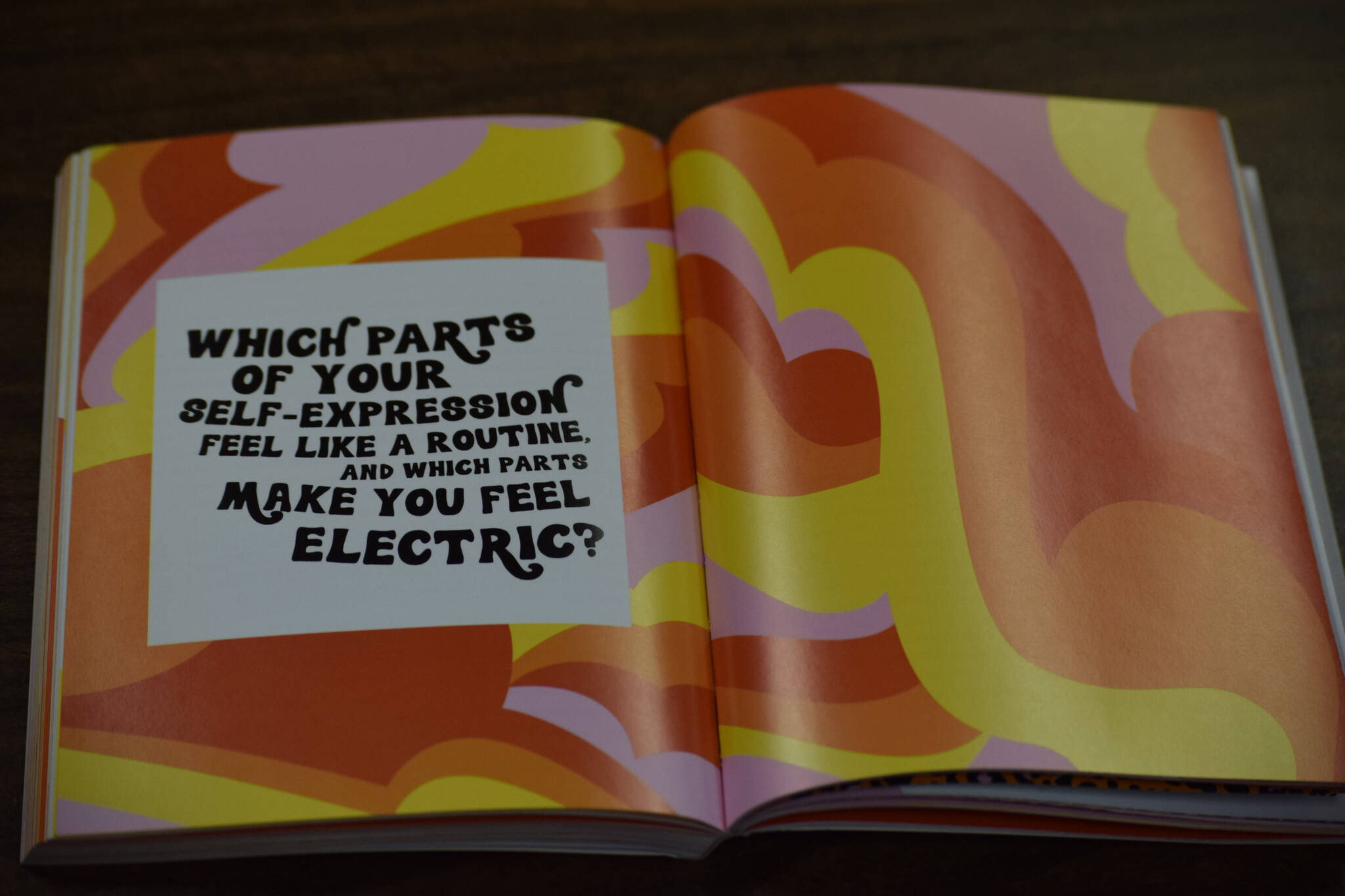Women’s History Month feels as good a time as any to reflect on what it means to be a woman in today’s society, and how my gender identity and expression have changed throughout different stages of my life.
I really delved deeper and began to question my internalized “feminine” — whatever that word means — tendencies while reading Florence Given’s nonfiction book “Women Don’t Owe You Pretty.”
The informal guidebook-style text explores many themes within feminism’s realm, including “feminine” expression, queer dating, competition between women, marriage, social media, sexual liberation and privilege, for Generation Z’s young women.
One chapter that was of particular note to me, “Women do not exist to satisfy the male gaze,” made me closely examine the ways I’ve chosen to perform femininity: generally wearing clothes to accentuate, rather than hide the classically “feminine” parts of my body, putting on sparkly eyeliner, painting my nails, and crossing my legs when I sit, to name a few.
I can’t help but wonder if I’ve really chosen this type of expression, or if I was socialized to adhere to an archaic standard of beauty that exists to appease men. Do I like how I perform “femininity,” or is expression in this way simply easier and more conducive to my social — and maybe even physical — survival?
Given writes: “Everyday rituals — applying makeup, shaving, doing our hair, and choosing our clothes — are all decisions subconsciously filtered through the desires of the all-powerful male gaze. These are the rituals that we are expected to perform in order to be treated with the same respect men are afforded for showing up just as they are.”
Thinking about this concept overwhelms me. Yes, it seems that as a society we have become accustomed to different types of expression — accepting women with larger body types, women not shaving, etc. — but, we still live in a society that sends mixed messages to women about their expression.
Many women are still told to hide their “femininity” and their bodies until men want it on display in front of them. Breastfeeding in public is still sometimes considered taboo, but an advertisement for a female lingerie line on a 350-foot tall screen at Times Square is widely accepted.
The title of the book was inspired by a quote from writer Erin McKean, who asserts that desirability isn’t something women owe the world: “You don’t owe prettiness to anyone … Prettiness is not a rent you pay for occupying a space marked ‘female.’”
In her book, Given forces readers to consider this sentiment, while expanding on the concept of “prettiness as a currency.” In an easily digestible and accessible way, she criticizes the ways patriarchy affects the lives of women, using 1970s-themed pop art and block quotes to solidify the most important topics.
Given also acknowledges her experiences are different than the lived experiences of women of color, disabled women, neurodivergent women, and trans women, and notes that intersectionality is the only correct way to be a feminist.
I finished the book with more questions than when I started it, but I guess taking the time to challenge both my internalized biases and the biases of the society we live in is a productive way to spend Women’s History Month.
“Women Don’t Owe You Pretty” was published by Andrews McMeel Publishing in 2020. More of Given’s work, including her art, can be found at florencegiven.com.
Reach reporter Camille Botello at camille.botello@peninsulaclarion.com.
Off the Shelf is a bimonthly literature column written by the staff of The Peninsula Clarion that features reviews and recommendations of books and other texts through a contemporary lens.

